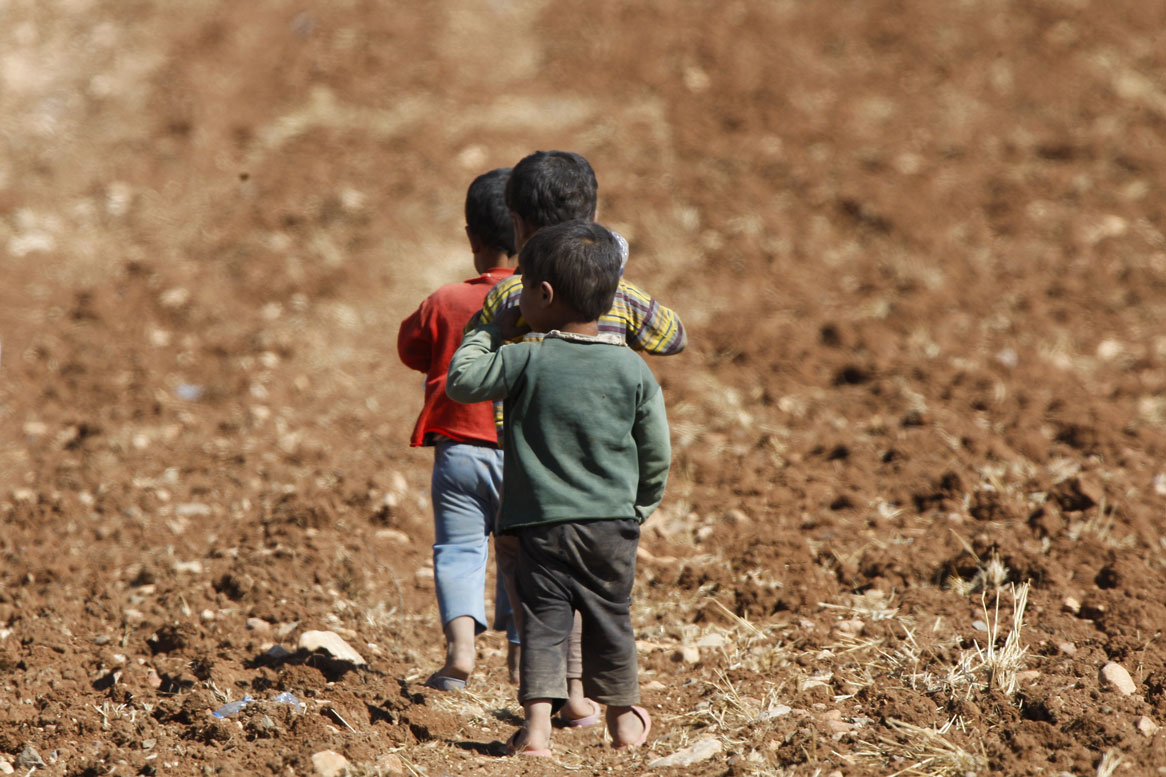
Child labour in different industries across the world is common. However, one would not even think about presence of child labour in the makeup industry.
Generally, any ethical issue in therewould relate to animal testing or unfamiliar ingredients. Therefore, it is shocking to know the use of child labour in this industry.
Children are involved in Mica mining. Mica, a mineral, is an ingredient that is widely used in makeup.
A major chunk of the mica that enters the makeup industry comes from India- mainly from Bihar and Jharkhand. Madagascar is also one of the world’s largest exporters of mica.
A similar situation is also observed in Madagascar. In India, children engaged in mica mining receive 20-30 rupees a day which is equivalent to 29-43 cents. Adult and child miners in Madagascar are paid just 34p a kilo which is less than half of what is paid in India.
A number of initiatives have already been taken in order to eliminate the use of child labour in the makeup industry. In order to ensure a clean supply chain, Lush, a UK-based company, started using synthetic mica in their makeup products. L’Oréal ensures a transparent supply chain by sourcing mica from independently-verified, gated mines where there is no use of child labour.
Still, it is difficult to ensure transparency since mica is exported from illegal mines using the license of legal mines. Therefore, it is challenging to keep track of what happens between raw mining and purchase of mica. However, the solution is not an opaque supply chain and moving away from makeup products that use mica because this will further enhance poverty. The wayout lies in engaging with communities to ensure that profits derived from the work of mica miners are reinvested back into the community which can yield opportunities for the children of these communities.
In order to address this problem a number of brands have joined hands to form the Responsible Mica Initiative (RMI), a cross-industry “do tank” that was launched in 2017 with the aim of building a transparent and ethical supply chain by 2022.
L’Oréal, Estée Lauder Companies, LVMH, Coty, Chanel, and Shiseido and other cosmetic conglomerates are part of this initiative. RMI is helping by providing schooling for children, access to healthcare for children and women, and taking initiatives to support villages so that they can expand their means of livelihoods beyond mica mining.
Tags
Related Posts
Child labor, toxic leaks: the price we could pay for a greener future
The battle to stave off Earth’s looming climate crisis is driving engineers to develop hosts of new green technologies. …
January 4, 2021INSIGHT-Ethiopian girls trapped in sex trade as COVID-19 deepens desperation
When Selam fled her village aged 11 to avoid being wed to a much older man in northern Ethiopia, she was relieved and excited to forge a future on her own terms. But that hope was short-lived….
November 9, 2020


